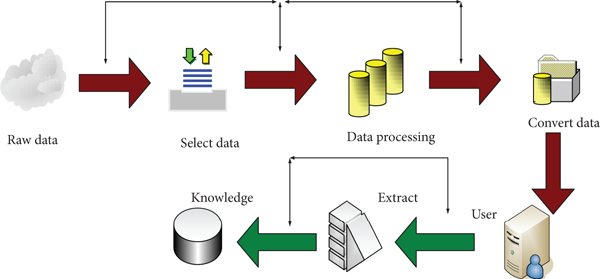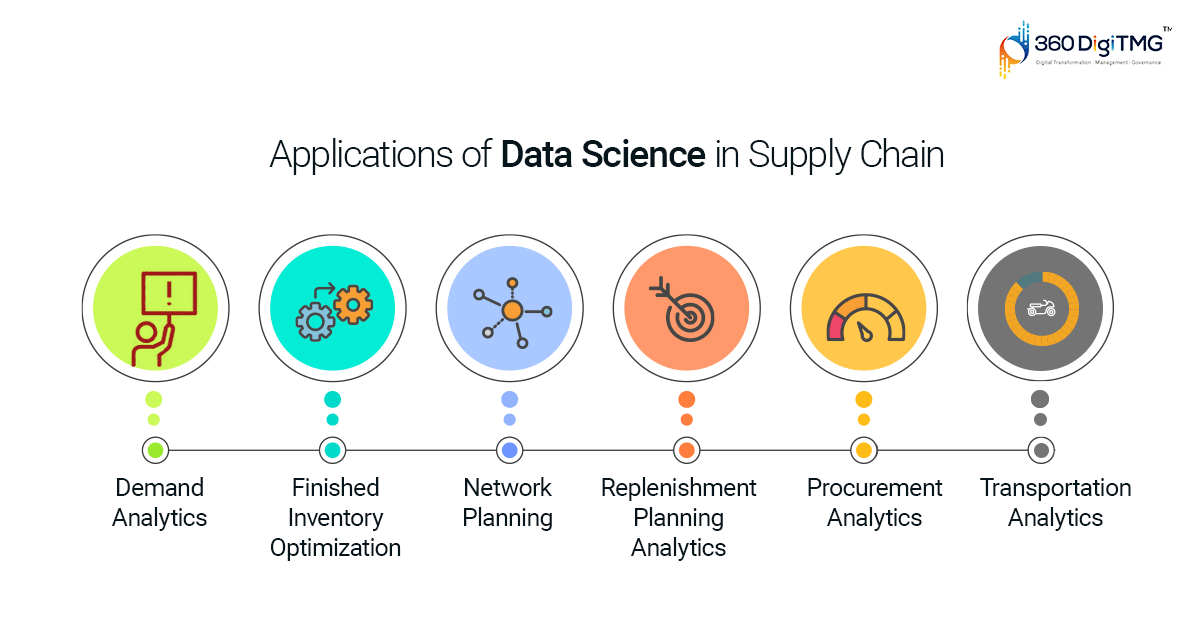Introduction
E-commerce has become an integral part of our daily lives, with millions of people worldwide shopping online for everything from groceries to electronics. As the e-commerce landscape continues to grow, businesses are constantly seeking innovative ways to engage and retain their customers. One of the most powerful tools in their arsenal is data science, specifically personalization and recommendation engines. In this blog, we’ll delve into the fascinating world of data science in e-commerce and how it’s reshaping the online shopping experience.
The Power of Personalization
Imagine walking into a brick-and-mortar store, and every shelf rearranges itself to display products tailored to your preferences and past purchases. Sounds like science fiction, right? Well, in the virtual world of e-commerce, this is a reality made possible by data science and personalization algorithms.
Personalization in e-commerce involves customizing the online shopping experience for each individual user. It’s about understanding the unique preferences, behaviors, and needs of customers and using this information to provide a more tailored and relevant shopping journey. Here’s how data science makes it happen:
User Profiling: E-commerce platforms collect vast amounts of data about users, including their browsing history, purchase history, location, and more. Data scientists use this data to create detailed user profiles that capture their preferences and behaviors.
Recommendation Algorithms: These algorithms analyze user profiles and identify patterns in their behavior. For example, if a customer frequently buys books on cooking, the algorithm will suggest new cookbooks or kitchen gadgets.
Real-time Personalization: Personalization is not a one-time task. It’s an ongoing process that adapts to changes in user behavior. Data science ensures that recommendations are updated in real-time, reflecting a user’s most recent interactions.
A/B Testing: Data scientists often conduct A/B tests to refine personalization algorithms. By comparing how users respond to different recommendations, they can fine-tune the algorithms for better results.
The result of these efforts is a highly personalized shopping experience. Users see products they are more likely to be interested in, which increases the chances of making a purchase. This not only benefits customers by saving them time and effort but also greatly benefits e-commerce businesses by boosting conversion rates and revenue.
The Role of Recommendation Engines
At the heart of personalization in e-commerce are recommendation engines. These engines use complex algorithms to analyze data and generate product recommendations. There are several types of recommendation engines, including:
Collaborative Filtering: This approach makes recommendations based on user behavior and preferences. It looks for patterns and similarities between users, suggesting products that similar users have purchased.
Content-Based Filtering: Content-based recommendation engines focus on the attributes of products and the user’s profile. They recommend products that match the characteristics of items the user has shown interest in.
Hybrid Models: Many e-commerce platforms use a combination of collaborative filtering and content-based filtering to provide more accurate and diverse recommendations.
Deep Learning: Deep learning models, such as neural networks, are increasingly being used to power recommendation engines. They can process vast amounts of data and extract intricate patterns for better recommendations.
Benefits of Recommendation Engines
Recommendation engines offer numerous benefits to both e-commerce businesses and customers:
Increased Sales: By suggesting relevant products, businesses can increase the average order value as customers add more items to their carts.
Enhanced User Experience: Customers appreciate the convenience of personalized recommendations, leading to higher user satisfaction and loyalty.
Inventory Management: Businesses can manage their inventory more efficiently by promoting products that need to be cleared or highlighting new arrivals.
Data-Driven Insights: Recommendation engines generate valuable data that can be used to understand customer behavior and make informed business decisions.
Challenges and Ethical Considerations
While the use of data science in e-commerce brings numerous advantages, it also presents challenges and ethical considerations. Privacy concerns are paramount when handling customer data. It’s crucial for businesses to be transparent about data collection and usage and to ensure data security.
Additionally, recommendation engines can create filter bubbles, where users are only exposed to content that aligns with their existing preferences. This can limit diversity and exploration, which is a concern that data scientists must address.
Conclusion
Data science has revolutionized e-commerce by enabling personalization and recommendation engines. In the competitive online marketplace, businesses that leverage data to provide tailored shopping experiences gain a significant advantage. As data science continues to evolve, we can expect even more sophisticated personalization and recommendation algorithms to shape the future of e-commerce, enhancing user experiences and driving business growth.
In this blog post, we’ve scratched the surface of this fascinating field, but the possibilities are boundless. As customers increasingly demand personalized experiences, data science will remain at the forefront of e-commerce innovation, reshaping the way we shop online.




